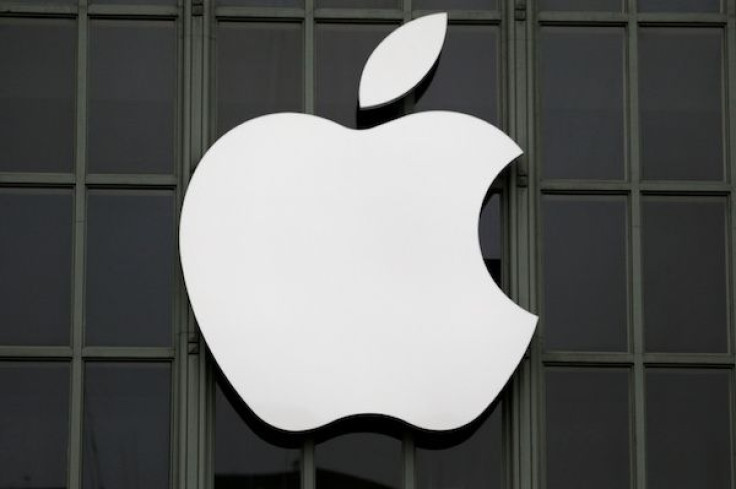Apple Still Pondering Possible MediaTek Deal On Modem Chips For iPhones

In the recent years, Apple has relied on Qualcomm for the modem chips of its iPhones. However, the Cupertino giant wants to change this by tapping another chip supplier. But it has yet to decide if that supplier is going to be Taiwan-based semiconductor company MediaTek.
Supply chain sources disclosed to Digitimes Monday that Apple is still pondering the possible deal with MediaTek that would enable the latter to provide modem chips for the next-generation iPhones. Apple reportedly wants to reduce its reliance on Qualcomm so it is considering the Taiwanese chip supplier.
Nevertheless, a final decision hasn’t been reached between the two. There’s no clear sign if the two firms have already discussed thoroughly a modem chip supply deal. But sources said that they could only reach a consensus once they agree on product roadmap, technology development and the collaborative aspect of the deal.
People familiar with Apple’s plans told Bloomberg late last year that Tim Cook’s company was designing iPhones and iPads without Qualcomm parts. The sources claimed at the time that Apple may use modem chips from MediaTek and Intel due to its legal battle with Qualcomm.
Latest speculations lean toward MediaTek possibly becoming the second modem chip source to Qualcomm. Northland Capital Markets analyst Gus Richard claims MediaTek could displace Intel because Apple is planning to phase out Intel chips in Mac computers by 2020.
MediaTek has already unveiled its 5G modem chipset, called the Helio M70, at Computex Taipei 2018 last month. The company is reportedly willing to develop customized chips for individual clients. Moreover, MediaTek is also likely to secure customized Wi-FI chip orders from Apple for the latter’s HomePod speakers.
Meanwhile, IBTimes learned last week that Samsung is also eager to once again produce processors for Apple’s iPhones. The South Korean tech giant was previously a chip manufacturer for Apple until 2015, but it lost its spot to TSMC who became the sole chip manufacturer of iPhone processors since 2016 amid the Samsung-Apple legal dispute.
© Copyright IBTimes 2024. All rights reserved.











